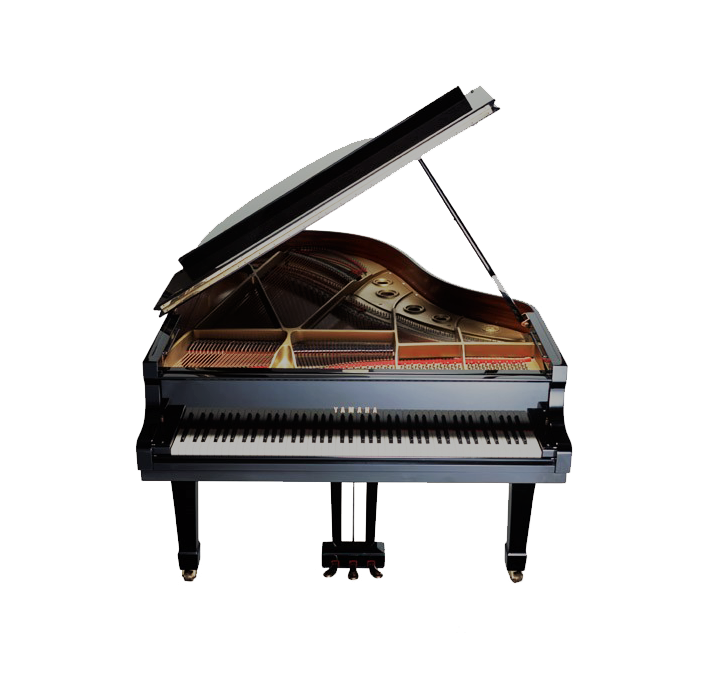

647-708-3846
Your Piano
Quality pianos demand quality and utmost care.
Your piano is an investment that brings to you and your family a lifetime of music and enjoyment. To ensure its performance over that lifetime, to preserve your instrument and to avoid costly repairs in the future, it is important to have your piano serviced regularly by a qualified professional.


Remember that a concert piano is tuned before every performance and a piano in a professional recording studio, where it is constantly used is tuned three or four times each week.
ATMOSPHERE
Your piano will perform best under consistent conditions neither too wet or dry, optimally at a temperature of 20 degrees C and 42% relative humidity. Dryness causes the piano's pitch to go flat; moisture makes it go sharp.

Changes in temperature, humidity or heavy use will make it necessary for more frequent tunings. If a piano is not given regular tunings, the instrument will be more unstable.
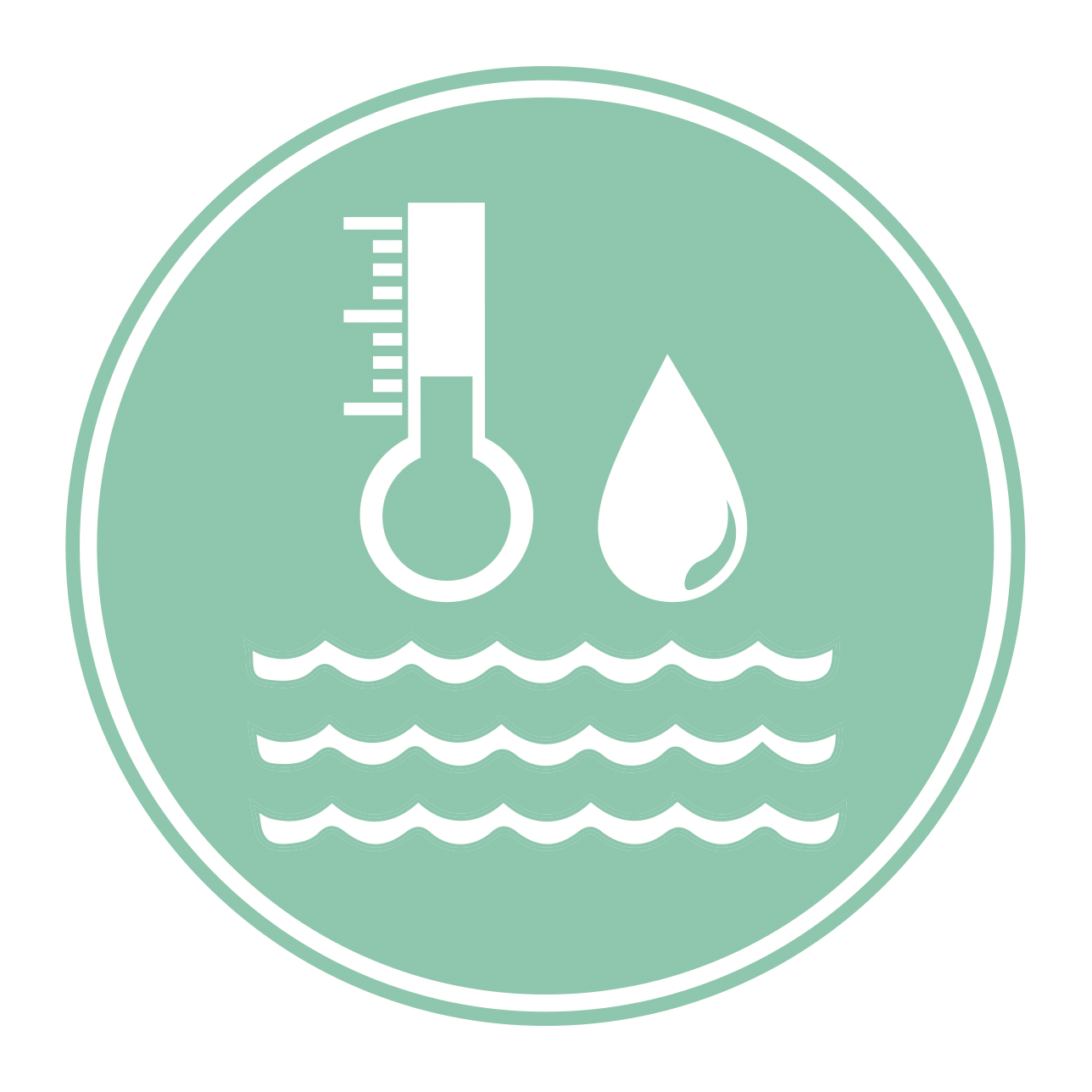
It is difficult for a technician to hold tune a neglected piano; some times, it is more costly to restore the neglected piano to hold tune than if it had been kept under regular and constant care.

Unfortunately, no matter how expertly a piano is tuned, atmospheric variations and the nature of the piano's construction constantly conspire to bring it off pitch.
PIANO TUNING
A piano has approximately 220 to 230 strings, and Piano Tuning is an art of turning the pins of the strings' tension to get the piano into producing a clear and perfect tone.
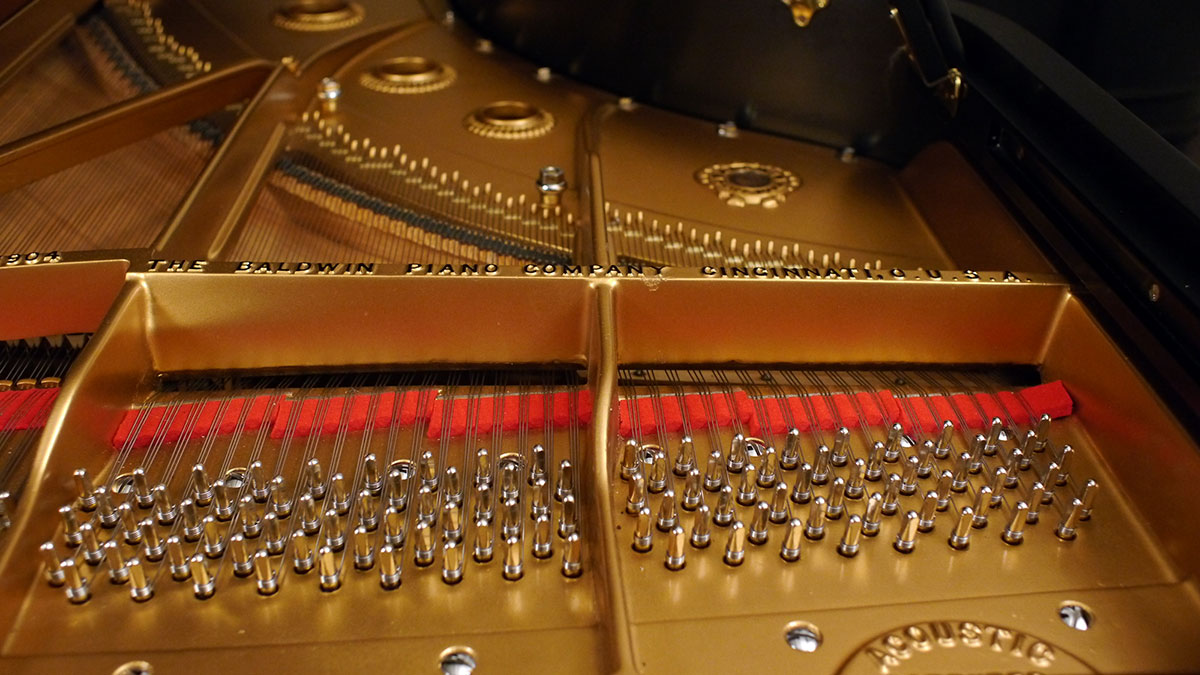
Shifting or moving the piano, humidity changes as well as extraordinary playing can cause the piano to go out of tune. Piano that has not been tuned regularly can become flat or sharp in its tonal quality. To prevent all this from happening, it is advisable to have two or more thorough tunings in order to raise the piano pitch to international standard.
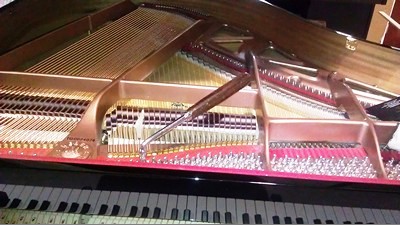
Normally, home pianos need to be tuned at least once a year but twice is recommended for better performance.
Tuning is an art practiced by skilled professionals and under no circumstances should anyone other than a professional technician be allowed to tune your piano.
WHAT IS CONCERT PITCH?
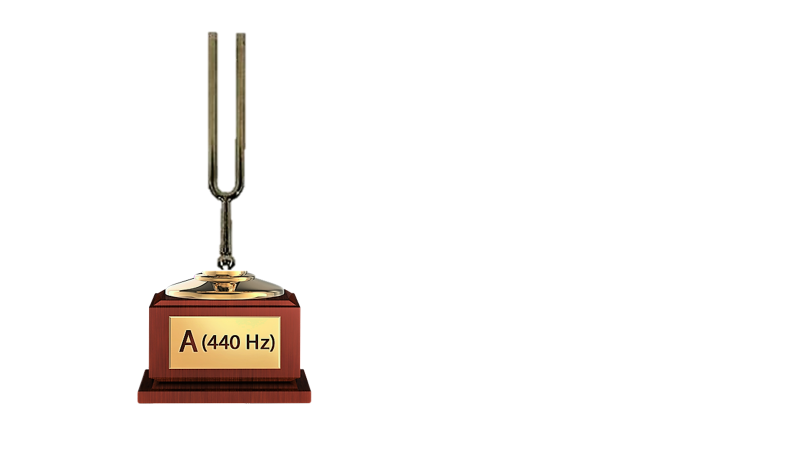
A-440 is the international standard pitch and frequency at which all instruments are tuned. This means the "A" note above middle "C" is tuned to 440 cycles per minute or "A440". Always keep your piano in tune. It is specifically designed to be tuned to the international pitch standard of A440 cycles per second.
REPAIRS
After playing on the piano periodically, the piano mechanism felts will tend to wear or be compressed.

Regulation is necessary to align the piano action, keyboard and pedals correctly in bringing the piano back to its smooth, responsive performance. Overhauls and reconditioning are undertaken in a workshop such as restringing the piano, repair of action parts and refelt worn parts.
